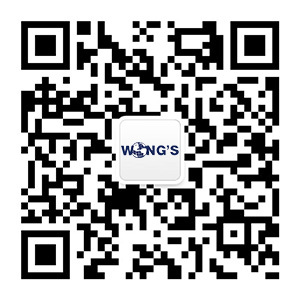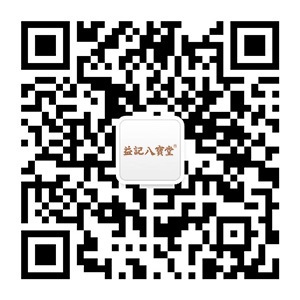
Health Encyclopedia
Contact Us
Hong Kong Address: Rooms A,B,C,D, 21/F, Phase I, Blonde Industrial Building, 26-32 Kwai Hei Street, Kwai Chung, New Territories, Hong Kong
Mainland Address: 03, Floor 15, Building 2, Taihe City Plaza (Phase IV), East 2nd Ring Road, No.9 Hengyu Road, Yuefeng Town, Jin 'an District, Fuzhou City, Fujian Province

Wong's International Pharmaceutical

Yiji Babao Hall
Copyright©Wong's International Pharmaceutical Co., Ltd.





